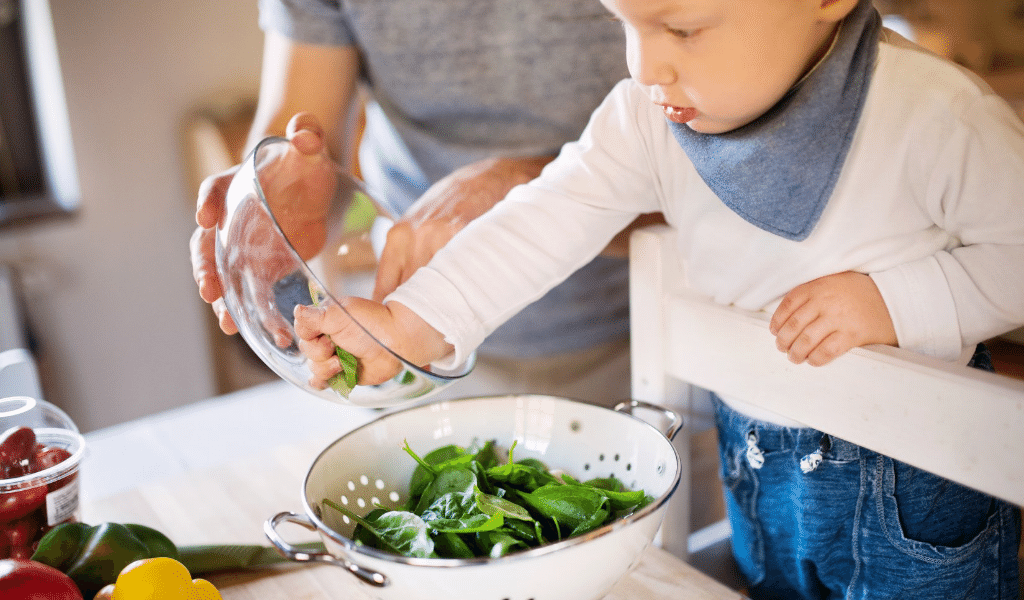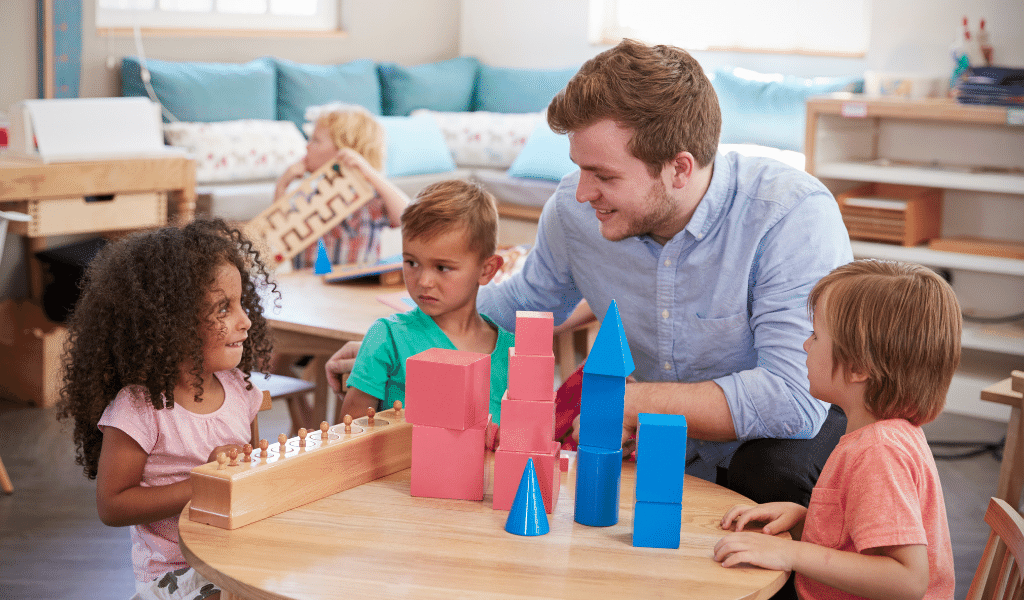Under the current EYFS, we have finally been given the opportunity to develop unique philosophies and curriculums to underpin our practice. Central to our practice, being informed and relevant, are the evaluations over time that enable us to identify some key elements of early years education. So, we ask ourselves the questions…
It should be noted that for Maria Montessori the goal of education was to allow the child’s optimal development (intellectual, physical, emotional and social) to unfold. This is a very different goal to that of most education systems today, where the focus is on attainment in academic subjects such as literacy and mathematics. Thus, when we ask the question, whether children benefit more from a Montessori education than from a non-Montessori education, we need to bear in mind that the outcome measures used to capture effectiveness do not necessarily measure the things that Montessori deemed most important in education.

As early years educators, we should be guided by the simple human values that Maria Montessori identified by her research and in the development of her method, or as she deemed it ‘a method for the children’. Learning communities will be guided by clear simple human values that empower our children to become strong individuals who embrace diversity and who interact with each other and the environment with respect and responsibility. The future of our planet needs children who garden, who dream, whose lives and learning are connected to our human reality. In a time of distraction and excess, Montessori education can provide us with a way back to what is essential and sufficient.
“This is education, understood as a help to life; an education from birth, which feeds a peaceful revolution and unites all in a common aim, attracting them as to a single centre. Mothers, fathers, politicians: all must combine in their respect and help for this delicate work of formation, which the little child carries on in the depth of a profound psychological mystery, under the tutelage of an inner guide. This is the bright new hope for mankind.” (The Absorbent Mind, Maria Montessori)
The tremendous task given to us of guiding the children in our settings toward becoming independent and responsible individuals who are able to successfully navigate through a rapidly changing society is not be taken lightly. Maria Montessori had a vision that in working with the youngest children in our communities we can instil values such as integrity, honesty, care, and cooperation; skills that will help our children to reach their full potential enabling them to face challenges and succeed throughout their lives.

Montessori education has been in existence for over a hundred years. Such longevity could well be due, at least in part, to its adaptability, this very fact gives us the opportunity to use a method of education that has been developed on strong and long-term evidence base to support our curriculums and practice.
“An education capable of saving humanity is no small undertaking; it involves the spiritual development of man, the enhancement of his value as an individual, and the preparation of young people to understand the times in which they live.” (Education and Peace, Maria Montessori)
Dr Michelle Wisebey has over 25 years experience running her own Montessori nurseries and pre-schools. She is an Early Childhood lecturer, leading both the BA and MA courses on Montessori at Anglia Ruskin University. Michelle is currently researching the introduction of the Montessori Approach into early years centres in Malawi for the completion of her doctorate.
Catch up on Dr Michelle Wisbey’s recent webinar Montessori: A philosophy and curriculum for early years settings by signing up to Kinderly Learn or as part of your Kinderly Together package!